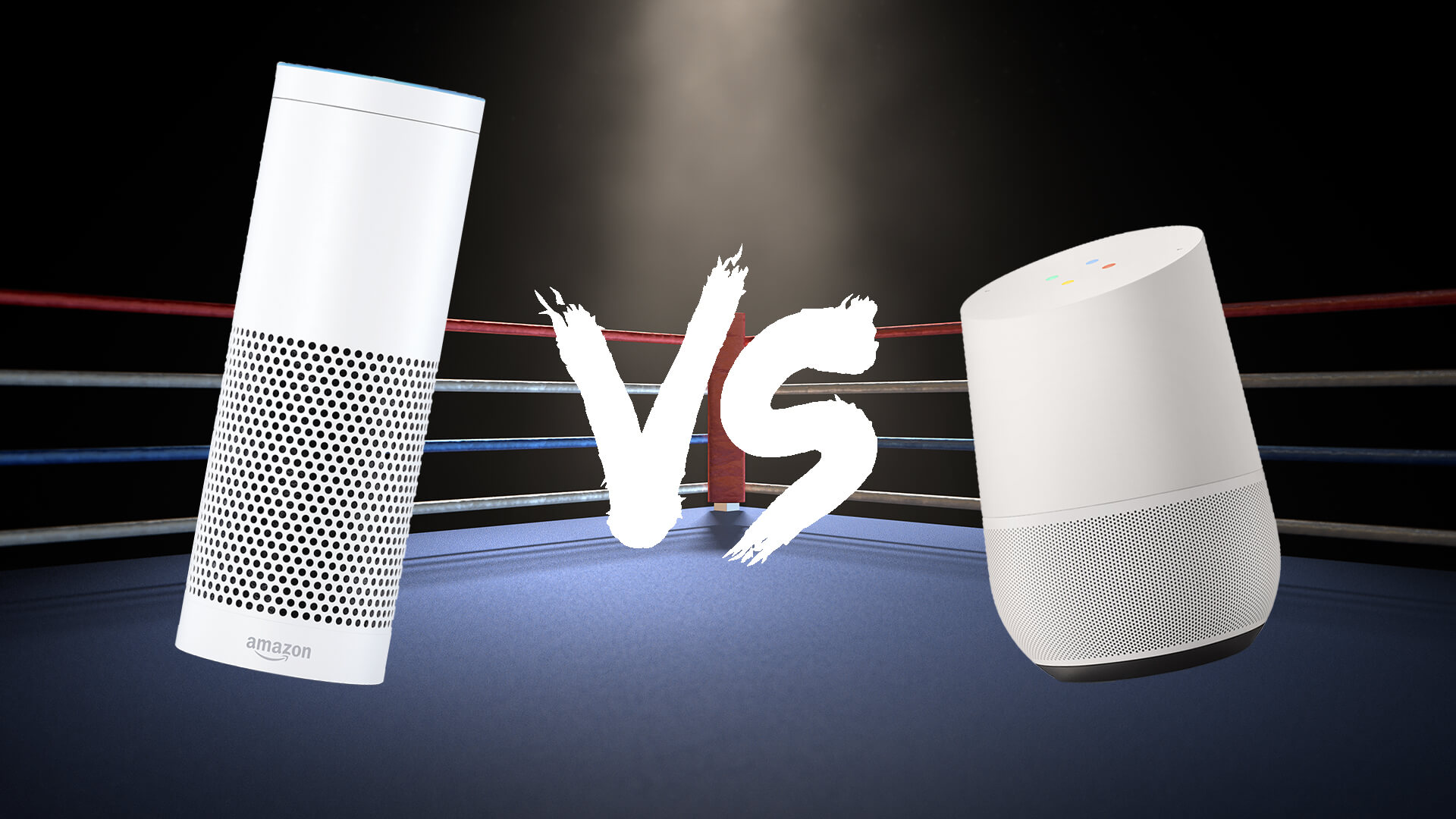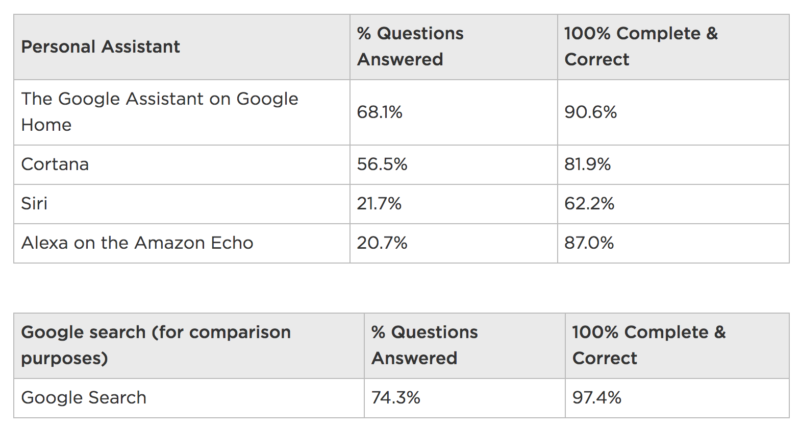Study argues Google Home 6X ‘more effective’ than Alexa, but will consumers care?
Amazon's assets, including distribution, brand loyalty, aggressive pricing and a more diverse product mix could trump Google Home's better performance.

Tech bloggers love to test and compare rival products. There’s an underlying assumption that the better product will always win. But other factors (e.g., price, brand and so on) can get in the way of rational market outcomes.
A new study from agency 360i (reported in Adweek) asserts that Google Home is much more likely to answer people’s questions than Amazon Alexa.The headline is Google Home is “six times more ‘effective’ than Alexa.” The study was based on 3,000 questions being asked to both devices.
Beyond the conclusion, little else was reported about the nature of the questions or where Home succeeded and Alexa faltered. Apple’s Siri and Microsoft’s Cortana were apparently not part of the test. The company says that additional findings will be revealed in the weeks ahead.
An earlier comparison from Stone Temple Consulting involving “5,000 different questions about everyday factual knowledge” on Google Home, Alexa, Siri and Cortana generally agreed with the 360i data. The Stone Temple study, however, found that there was a smaller gap between the volume of questions answered by the two devices and that Alexa was nearly as accurate for the questions answered.
Do consumers care?
Here’s where it gets interesting. What if the mass of consumers doesn’t really care whether Google Home can answer more general knowledge/search-style questions? Currently, the primary use cases for these devices are areas where Alexa does relatively well:
- Playing music
- Setting alarms and timers
- Smart home functions
- News and weather
- Traffic information
- Checking calendar/appointments
Virtual assistants on smartphones are used much more broadly, and over time, smartphone use cases and smart speaker use cases may more directly overlap, which gives Google (and maybe Apple) a clear advantage. However, if usage of smart speakers remains relatively defined, Amazon retains a competitive advantage.
Why? Because of its more diversified device lineup (Echo, Show, Dot) at multiple price points, its customer loyalty (Prime members) and its direct sales channel.
According to estimates from eMarketer, Amazon currently has a 71 percent share of the smart speaker market. Google Home comes in around 24 percent. Another forecast says that there will be 30 million smart speakers/virtual assistants in people’s homes by the end of the year.
This is a big and important market, which is why Google developed Home and Apple is releasing HomePod. There’s high awareness of and interest in HomePod, but it remains to be seen whether people will pay the $349 Apple wants for the device, when Home and Alexa devices are cheaper.
From a rational perspective, Google is the best-positioned among these competitors, given Android, its search index and its coverage across devices. But we’ll see if consumers really care about that.
Contributing authors are invited to create content for Search Engine Land and are chosen for their expertise and contribution to the search community. Our contributors work under the oversight of the editorial staff and contributions are checked for quality and relevance to our readers. The opinions they express are their own.
Related stories
New on Search Engine Land
